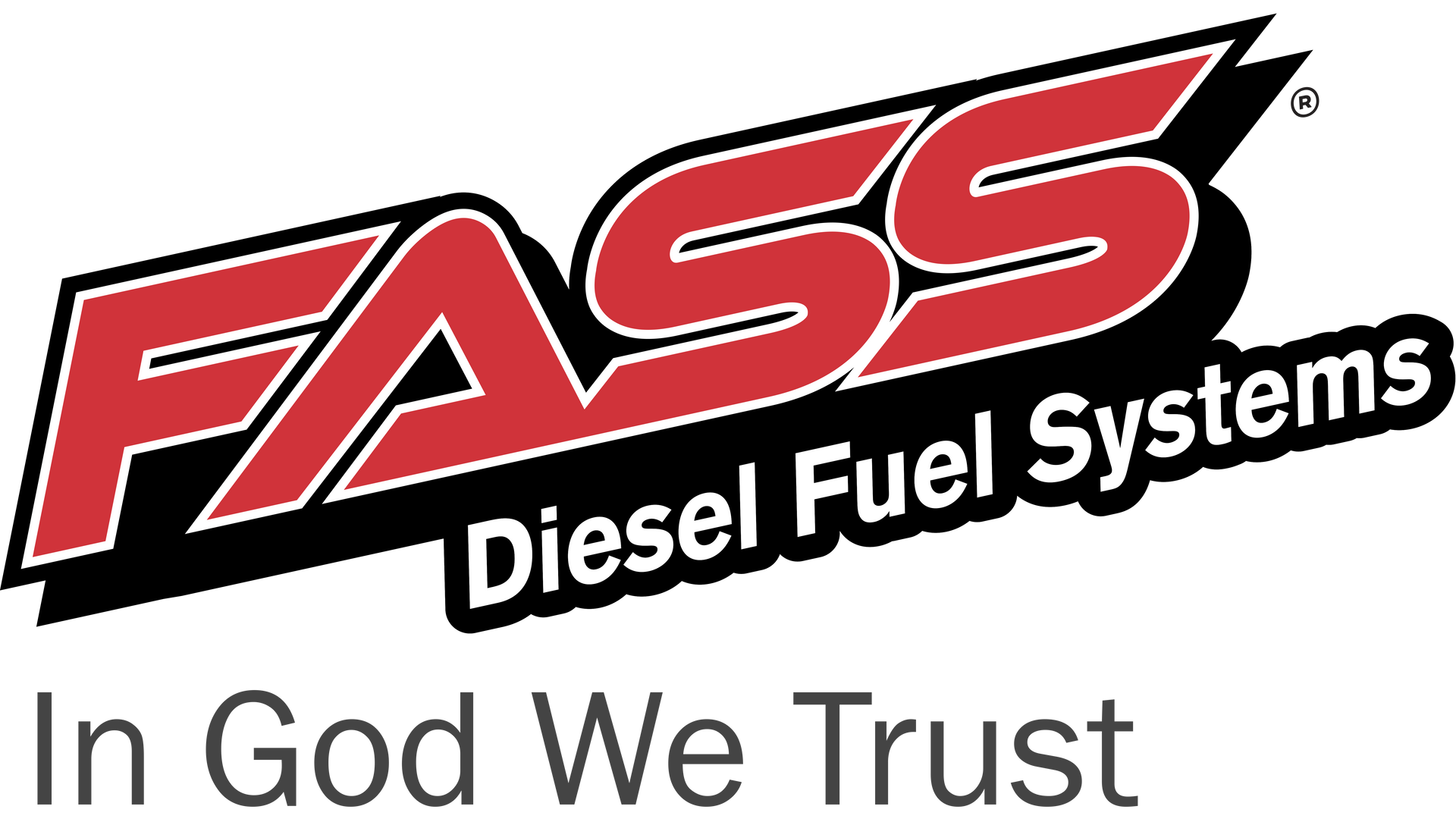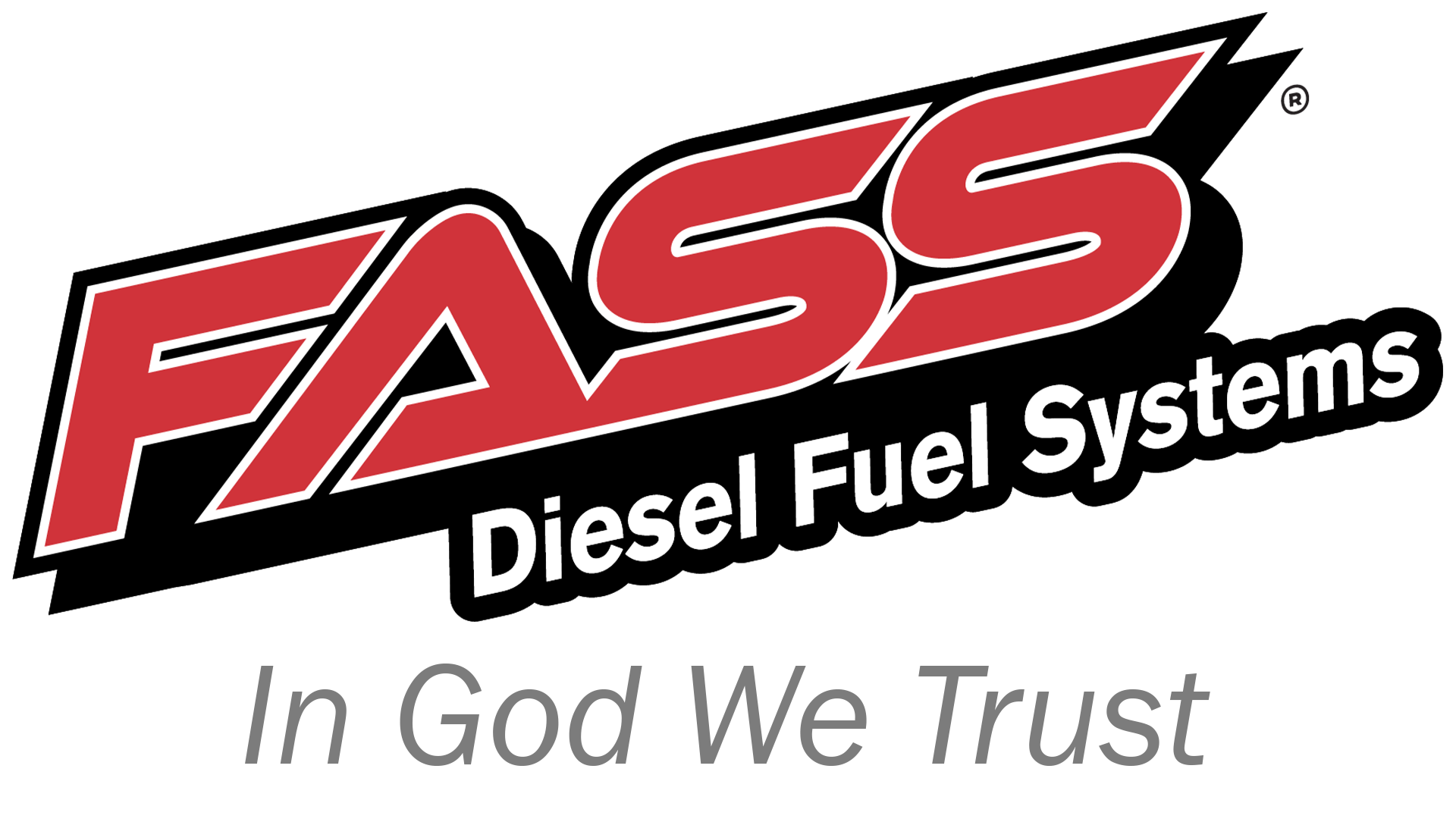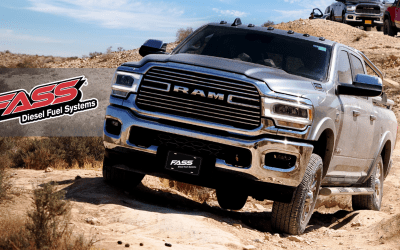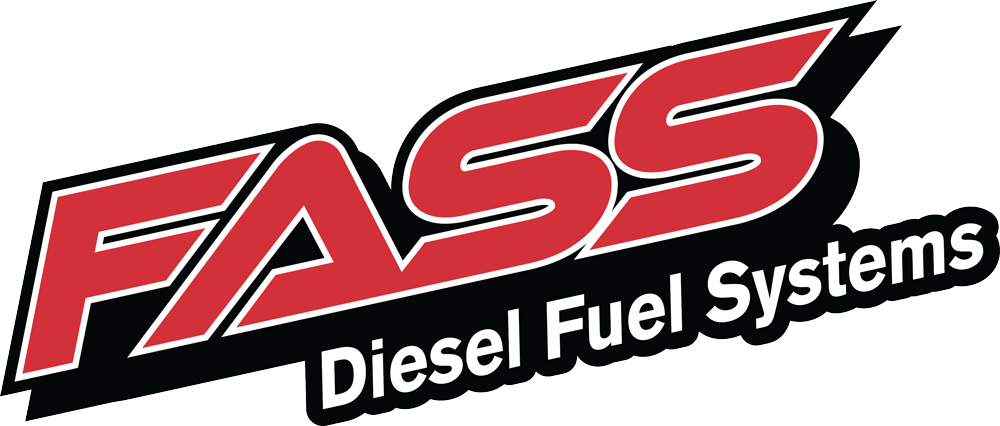Cummins, Duramax, and Powerstroke-powered trucks have long been synonymous with power, durability, and serious hauling capabilities. From commercial fleets to weekend warriors towing RVs, these diesel engine platforms offer a unique blend of torque and fuel efficiency that gasoline counterparts simply can’t match.
However, purchasing a diesel truck is a significant investment, and it’s crucial to go in armed with knowledge.
Before you’re swayed by raw power and the sound of a turbo diesel, here are the top three things to consider when buying a diesel truck:
1. Your Intended Use and Towing/Payload Needs
This is arguably the most critical factor, as it dictates the size, engine, and overall capabilities you truly need. Diesel trucks come in various capacities, from light-duty 1/2-ton options (though less common) to heavy-duty 3/4-ton and 1-ton dually beasts.
- Daily Commuter vs. Workhorse: Are you primarily looking for a powerful daily driver with occasional towing, or will this truck be consistently hauling heavy trailers, equipment, or payloads for work? If it’s the latter, a heavy-duty model with a 6.7 Cummins, 6.6 Duramax, or 6.7 Powerstroke is worth a look. These modern diesel engines are designed to withstand higher stress while being as quiet and efficient as possible.
- Towing Capacity and Torque: Understand the maximum weight you’ll be towing (e.g., a large fifth-wheel RV, construction equipment, horse trailers) and ensure the truck’s Gross Combined Weight Rating (GCWR) and Gross Vehicle Weight Rating (GVWR) can safely accommodate your needs. Don’t just look at horsepower; focus on the torque and towing capacity numbers.
- Payload Capacity: Beyond towing, consider the weight you’ll be carrying in the truck bed. This includes tools, materials, or even passengers. Ensure the truck’s payload capacity aligns with your requirements to avoid overloading.
The takeaway: Don’t overbuy or underbuy. A 1-ton dually will be overkill for occasional light towing, while a 1/2-ton diesel will be outmatched by heavy commercial hauling.
2. Maintenance Costs and Longevity Expectations
- While diesels are renowned for their longevity, often lasting hundreds of thousands of miles, they come with higher maintenance costs and a different service schedule compared to gasoline engines.
- Higher Upfront and Maintenance Costs:
Diesel trucks generally have a higher initial purchase price. Furthermore, routine maintenance, such as oil changes (which often require more oil and specialized diesel-specific fluids), fuel filter replacements, and other preventative services, can be more expensive.
- Complex Emission Systems: Modern diesel trucks (post-2007) are equipped with complex emission control systems like Diesel Particulate Filters (DPF), Exhaust Gas Recirculation (EGR), and (depending on the model year) Selective Catalytic Reduction (SCR) systems that use Diesel Exhaust Fluid (DEF). While these systems reduce emissions, they can be a source of expensive repairs if not properly maintained or if they malfunction. Research common issues for the specific year and model you’re considering.
- Engine Durability and Reliability: Diesel engines are built tough, with components designed to withstand higher compression and stress. However, like any complex machine, they have their known quirks and potential failure points depending on the manufacturer and model year. For used trucks, a detailed maintenance history is paramount. Look for consistent oil changes, fuel filter replacements, and any records of major repairs. A pre-purchase inspection by a reputable diesel mechanic is highly recommended.
The takeaway: Be prepared for higher ongoing costs. While a diesel can last a long time, proper and timely maintenance is a non-negotiable.
3. Resale Value and Market Demand
Diesel trucks tend to hold their value exceptionally well, often commanding higher resale prices than their gasoline counterparts.
This is largely due to their durability, long lifespan, and continued demand for their towing and hauling capabilities.
- Strong Resale Value: If you maintain your Ram, Ford, or GMC/Chevrolet well, you can expect a good return on your investment when it’s time to sell. This is a significant advantage that can offset some of the higher initial and maintenance costs.
- Market Demand for Specific Models/Engines: Pre-emissions diesels have legendary reputations for reliability and performance (e.g., older Cummins 5.9L, some Duramax models, and early Powerstrokes). These pre-2007 models often retain their value even better and have a strong following in the used truck market.
- Modifications and Usage: While some modifications can enhance performance, heavily modified trucks (especially those with cheap aftermarket parts or a history of being “hot-rodded”) can deter buyers and significantly impact resale value. Similarly, a truck with a history of severe neglect or abuse will be less desirable.
The takeaway:
A well-maintained diesel truck, especially one with a desirable engine, can be a smart financial decision in the long run due to its strong resale value.
Do your research on specific model year reliability and consider a professional inspection to uncover any hidden issues.
The post 3 Things to Consider When Buying a Diesel Truck first appeared on FASS Diesel Fuel Systems | In God We Trust.





